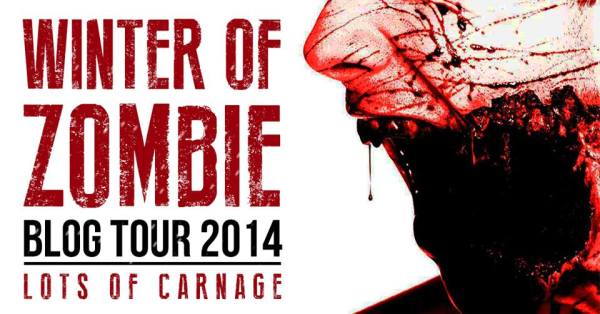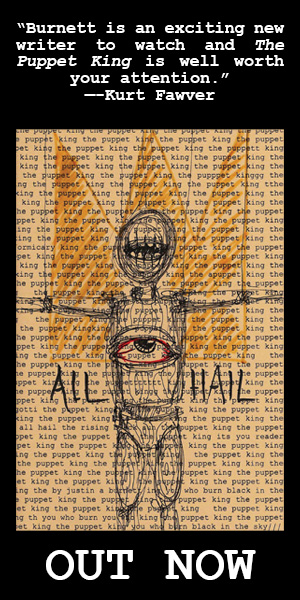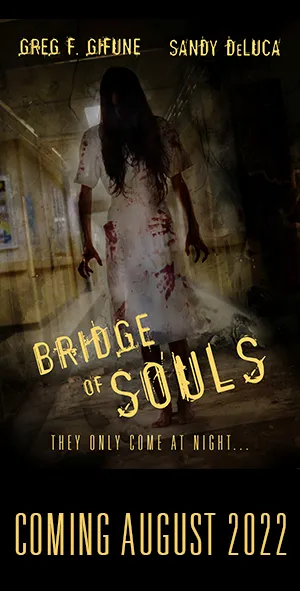With the evolution of the zombie reader, the zombie writer and the zombie story have made a few leaps as well. Even if not every zombie story has made the adjustments, the reader expects something different from the story. This allows the possibility for more sophistication, but it also introduces more challenges and more pitfalls to the storytelling.
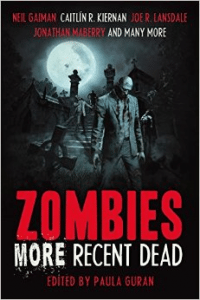
One response to this is to change the rules of the zombie. They have gotten smarter, faster, possessed, sexy, and more. They have wanted to eat different pieces of us or have been given other odd motives. These stories can be interesting or they can be another “what if the zombies were like this? Okay, let’s run/fight/hide and find out.â€
A good story is a good story and the rules of storytelling apply to zombies as well. As with all well-established genre, there are additional passwords that can become gateways or pitfalls with readers. Every genre has them in very quirky ways, but apocalyptic zombie stories have them in growing number.
Some have developed because of the growing cultural familiarity with zombies. If the modern concept of the zombie was born in the 1960’s out of earlier traditions, somewhere in the twenty-first century a switch was flipped where the basic structures of the trope became common knowledge. Even though there are multiple universes with their own rules, there are questions that common, media-connected folks know or think they know. How do you kill a zombie? What do zombies want to do to you? What happens if you get bitten? What is your zombie plan?
As zombie written fiction developed, every story required a discovery phase. There was a period of time that the characters did not know what was going on and had to figure out how to kill the zombies. Now, that piece feels out of place. How have they never heard of zombies before? You can still have that, but they character has to be homeless or mentally ill or very old or very young or off the grid for their whole lives. A modern, typical character having no concept of zombies does not ring true anymore. Not that long ago it was the reverse. Stories sometimes required a believable guide that had a reason for knowing what a zombie was.
Some readers have made the leap that they know how difficult headshots are to make with a firearm. Characters need to miss, even ultra special ops ninja men that seem to find their way into zombie stories all too often. “Oh, thank heavens Captain Awesome happening to be looking for his ex-wife and their children in our neighborhood just as the zombie broke through the boards over our door.â€
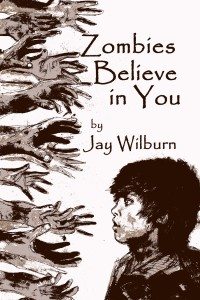
A flushing toilet in the zombie apocalypse may lose the reader all together. Even the guys at the water company wouldn’t defend the function of their system without them. Speaking of which, why are power company guys so quick to argue they are not needed? That’s not good for job security.
Every apocalyptic/dystopian story, zombie or otherwise, has to deal with the growing sophistication of the core audience. The core of the core including survivalist wonks requires a bit more attention to the small strokes. It is not that a story has to be written by someone else’s rules, but just like with any world-building, there is a need to ring true and work through the issues surrounding any stretch in the story.
There is a push-pull between the conflicts this creates. We’ll call the first conflict “Lord of the Flies conflict.†If stuff falls apart too far or too fast, the reader may see it as convenience for story’s sake. If three months after the apocalypse, you have a Mad Max culture wearing armor made from tires and believing the gods destroyed the world, that won’t sell. The level of the disaster plus the time since the disaster as to create a believable timeline to where you pick up your story with your reader. Depending on the state of your world, one month, six months, a year, five years, ten, fifteen, twenty, or second/third generation “after†could make a huge difference in suspension of disbelief.
The other conflict we’ll call “Flintstone†or “Gilligan†conflict. Maybe “Who is mowing the grass?†conflict. It is when something holds together too well for too long into a story. Power and water can fall into this. It also includes structures, plant growth, clothing, supplies, expiration dates, types of foods available, types of machinery still operating, fuel sources, etc. It might be cool to have a guy living in an automated fortress, but can you sell his ability to live Fred Flintstone awesome in the midst of the zombie horde? Is there a believable timeline to how he went from guy living in society to post-apocalyptic professor?
These things alone will not destroy a zombie story, but ignoring them does not help. In the same way that details such as smell, texture, action, and characters can serve to immerse readers in the world, these aspects of apocalyptic details can win over the zombie fan page by page. Over time, this list will grow and new pitfalls will enter the genre. The writers that take on the challenge of better knowing these will have an edge on producing higher quality work.

Jay Wilburn is featured in THE BEST HORROR OF THE YEAR vol 5 with editor Ellen Datlow.
Jay Wilburn is a featured author with Hazardous Press at the 2013 World Horror Convention in New Orleans June 13-16. He is also a panelist on THE RULES OF GENRE WRITING at this convention.
Jay Wilburn is a featured author on the Dark and Bookish authors tour and documentary.
His debut novel, Loose Ends, was published with Hazardous Press. Time Eaters is his new novel coming in November of 2013
He has an acclaimed shared collection with T Fox Dunham titled The Dragonfly and The Siren.
The stench of frozen rotted meat is in the air! Welcome to the Winter of Zombie Blog Tour 2014, with 10 of the best zombie authors spreading the disease in the month of November.
Stop by the event page on Facebook so you don’t miss an interview, guest post or teaser… and pick up some great swag as well! Giveaways galore from most of the authors as well as interaction with them! #WinterZombie2014
https://www.facebook.com/events/1524813084430035/?ref_notif_type=plan_user_joined&source=1
AND so you don’t miss any of the posts in November, here’s the complete list, updated daily:
http://armandrosamilia.com/2014/11/01/winter-of-zombie-post-list-winterzombie2014/

